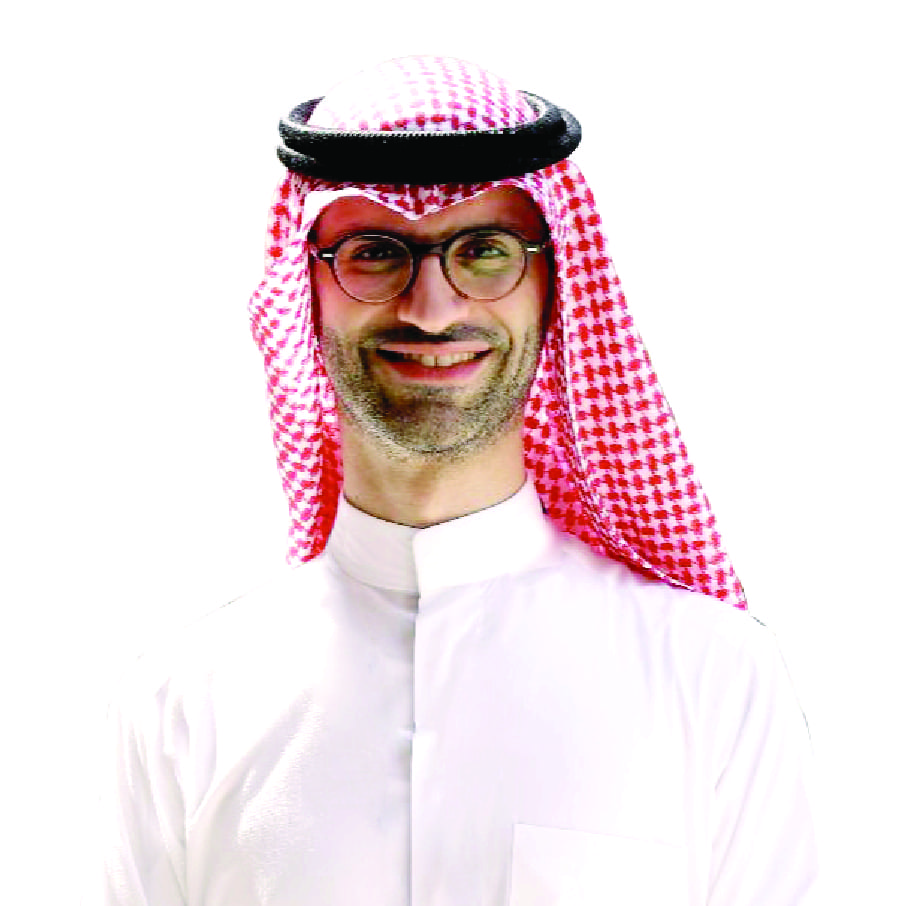GCC Futurescapes: Past and Present
The term futurescapes –a portmanteau of future and landscape– evokes the idea of future(s) as geographic terrain(s) open to topographical mapping and excavation. Visible landforms –valleys, mountains, estuaries, deserts, and beyond– constitute the physical contours of possible futures in the Gulf. Invisible geologies, or the mental and intellectual forces driving these possible futures in the Gulf, buttress the visible landforms, and (re)defi ...
Abstract
The term futurescapes –a portmanteau of future and landscape– evokes the idea of future(s) as geographic terrain(s) open to topographical mapping and excavation. Visible landforms –valleys, mountains, estuaries, deserts, and beyond– constitute the physical contours of possible futures in the Gulf. Invisible geologies, or the mental and intellectual forces driving these possible futures in the Gulf, buttress the visible landforms, and (re)define its contours of possibility. The workshop explores the (in)visible past and present imaginaries about the future in the states and societies of the Gulf Cooperation Council (GCC).Whether consciously or not, Gulf studies have long been wedded to a somewhat constricted set of research foci that emphasize an ephemeral and precarious Gulf, or “Cities of Salt” (Mudun al-Milh) to adopt the phrasing of the Saudi-Jordanian novelist Abdulrahman Munif. From rentierism and (un)sustainability to security and great power politics, the GCC operating on borrowed-time is a pervasive motif. In fictional works, more often than not, the Gulf (and wider Arabian Peninsula) is depicted as an irradiated wasteland or the source of a world-shattering apocalypse. One need only look at the lore of the Matrix or Mad Max, where the Gulf becomes the backdrop for human extinction-level events (Machine City emerging in the Empty Quarter, or a fictional Saudi-Iranian war paving the way for the destruction of most global oil reserves), to mention a few.In this workshop, we propose moving away from these despondent frameworks by exploring how local actors in the GCC –from cultural producers to policy-setting bureaucrats– have envisioned and aestheticized different futures, i.e., futurescapes, throughout the 20th and 21st centuries. We are also interested in the forces and sources that have shaped these imaginaries and defined them, as well as their evolution over time. The aim of such an approach is to generate new insights that allow us to creatively rethink our basic assumptions about GCC states and societies, as well as their potential pathways, by primarily centering local perspectives and visions about the future.
Description and Rationale
The term futurescapes –a portmanteau of future and landscape– evokes the idea of future(s) as geographic terrain(s) open to topographical mapping and excavation. Visible landforms –valleys, mountains, estuaries, deserts, and beyond– constitute the physical contours of possible futures in the Gulf. Invisible geologies, or the mental and intellectual forces driving these possible futures in the Gulf, buttress the visible landforms, and (re)define its contours of possibility. The workshop explores the (in)visible past and present imaginaries about the future in the states and societies of the Gulf Cooperation Council (GCC).
Whether consciously or not, Gulf studies have long been wedded to a somewhat constricted set of research foci that emphasize an ephemeral and precarious Gulf, or “Cities of Salt” (Mudun al-Milh) to adopt the phrasing of the Saudi-Jordanian novelist Abdulrahman Munif. From rentierism and (un)sustainability to security and great power politics, the GCC operating on borrowed-time is a pervasive motif. In fictional works, more often than not, the Gulf (and wider Arabian Peninsula) is depicted as an irradiated wasteland or the source of a world-shattering apocalypse. One need only look at the lore of the Matrix or Mad Max, where the Gulf becomes the backdrop for human extinction-level events (Machine City emerging in the Empty Quarter, or a fictional Saudi-Iranian war paving the way for the destruction of most global oil reserves), to mention a few.
In this workshop, we propose moving away from these despondent frameworks by exploring how local actors in the GCC –from cultural producers to policy-setting bureaucrats– have envisioned and aestheticized different futures, i.e., futurescapes, throughout the 20th and 21st centuries. We are also interested in the forces and sources that have shaped these imaginaries and defined them, as well as their evolution over time. The aim of such an approach is to generate new insights that allow us to creatively rethink our basic assumptions about GCC states and societies, as well as their potential pathways, by primarily centering local perspectives and visions about the future.








